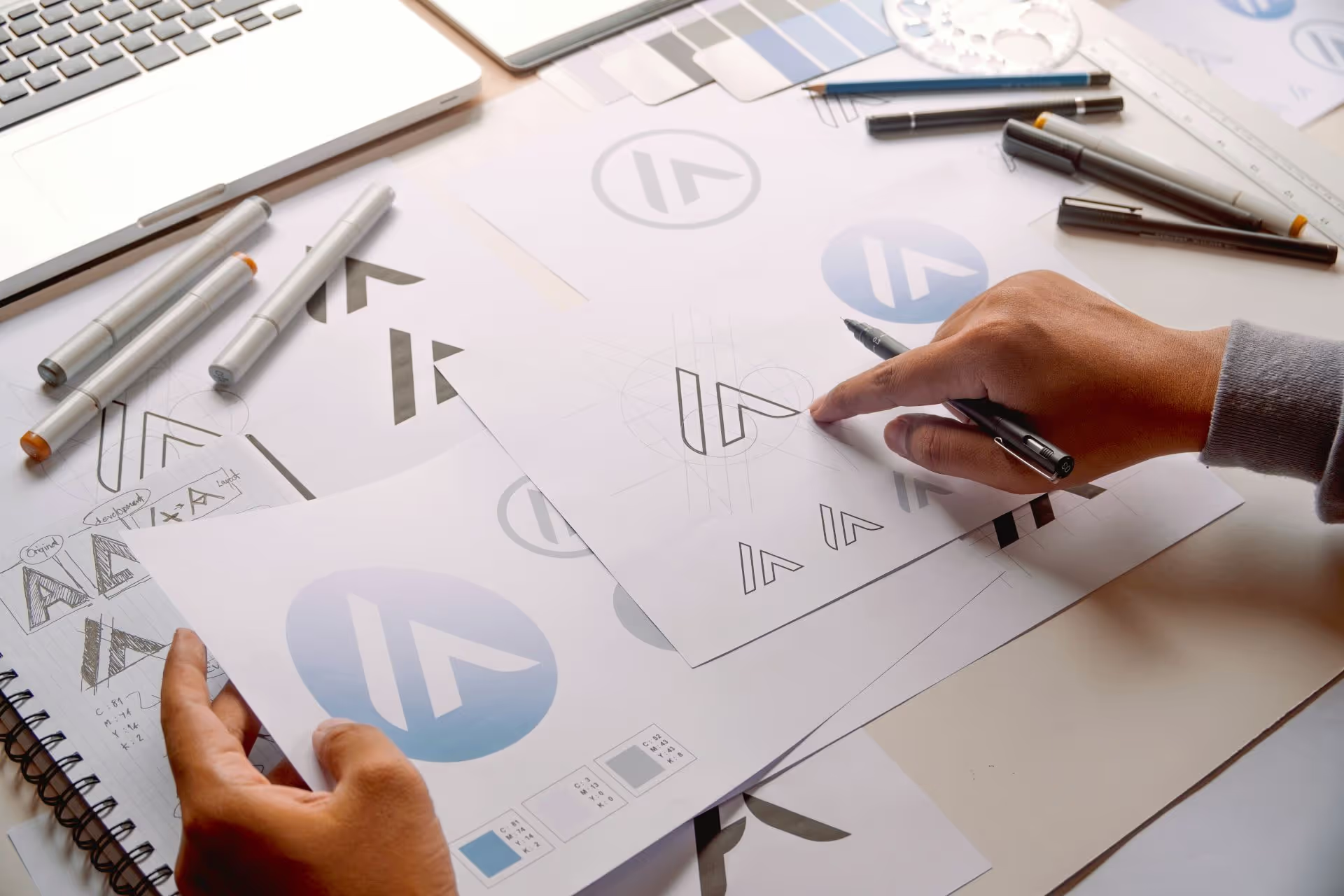News
The latest insights, sector developments and case updates from Potter Clarkson. Explore up-to-date content from our experts and stay informed on the issues shaping the IP landscape.
The latest insights, sector developments and case updates from Potter Clarkson. Explore up-to-date content from our experts and stay informed on the issues shaping the IP landscape.

In 2025, the global sports industry stands at a pivotal crossroads.
Sportstech is reshaping the sports world, making intellectual property a vital part of protecting ideas and turning them into real opportunities. The article highlights how a clear IP strategy helps innovators safeguard their technology, build strong brands, and attract investment for future growth.

Selecting the right intellectual property (IP) law firm is one of the most important strategic decisions a company can make. Patents, trade marks, copyrights, and trade secrets are core assets so choosing the right partner to manage and protect them is critical.

Intellectual property (IP) is one of the most valuable assets a business can hold. Patents, trade marks, copyrights, and trade secrets are not just legal formalities, they are hugely valuable strategic tools that protect innovation and create competitive advantage.
%203.jpg)
The new .MOBILE domain has launched opening up a major opportunity for brands operating in mobile-focused sectors. As digital experiences continue shifting toward mobile-first engagement, this new domain extension represents more than just another naming option. It represents a strategic investment in the future of your online identity.

When evaluating tender responses from IP law firms, procurement managers should prioritise the direct responses to their critical success factors (CSFs). This will ensure the selected firm is capable of delivering value and minimising risk.

Intellectual property (IP) is a cornerstone of modern business. From patents and trade marks to copyright and trade secrets, protecting your company’s most valuable intangible assets is essential.
%20provider.jpg)
Procurement professionals in corporates are no strangers to complexity. From negotiating supplier terms to managing risk and ensuring compliance, the role demands finely balancing cost-efficiency, reliability, suitability and long-term value.
.jpg)
Counterfeits have always come with their own vocabulary. Over the last few years words like “knockoffs,” “reps” or “replicas” and even - somewhat cheekily - “inspired” have been eclipsed by “dupes”. It’s a well-chosen term.
%20(1).jpg)

First UK ruling on SPC manufacturing waivers aligns with EU case law trends and rejects restrictive German approach.

Strong branding is what makes your products or services stand out: distinctive names, logos, and designs are key to building recognition and trust. Protecting that identity through trade marks is essential. But big changes are coming at the UK Intellectual Property Office (UKIPO) that every business should know about.

Most of us start in research with big dreams—curing cancer, tackling climate change, creating something that matters. In engineering biology, those dreams feel closer than ever. But publishing your work doesn’t guarantee impact.

The UPC Court of Appeal has overturned a decision of the Lisbon Local Division and granted Boehringer Ingelheim (“Boehringer”) a provisional injunction for imminent patent infringement. In doing so, it has confirmed that completion of national pricing and reimbursement procedures for generic drugs may be sufficient to trigger injunctive relief.

We’re proud to announce that Potter Clarkson has once again been recognised in the Chambers UK Guide 2026.
.avif)
Two recent English Court of Appeal decisions show how legally binding agreements may arise in commercial situations despite the apparent absence of the usual contractual requirements.

When you hear “kissing bug,” you might picture something harmless or even endearing. But this insect delivers anything but affection; it transmits Trypanosoma cruzi, the parasite responsible for Chagas disease, a potentially deadly illness affecting millions worldwide.